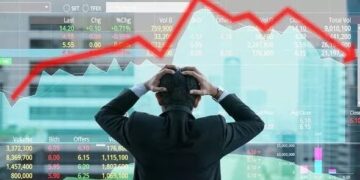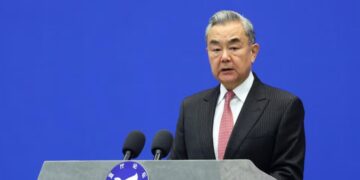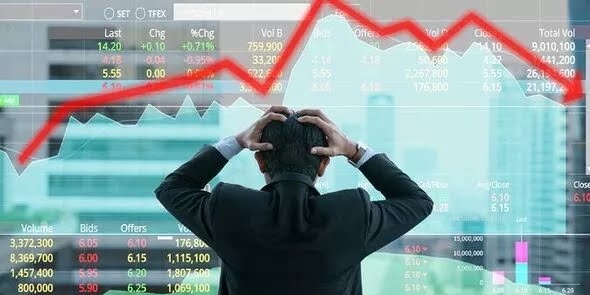Germany’s economy, the largest in Europe has officially slipped into recession according to data released by the country’s statistics office on Thursday.
The data disclosed a 0.3% decline in gross domestic product (GDP) for the quarter when adjusted for price and calendar effects, indicating that Germany has officially entered a phase of recession.
The decline follows a previous contraction of 0.5% during the last quarter of 2022, which was attributed to the energy crisis that unfolded as a result of Russia’s invasion of Ukraine.
Recession is typically defined as a period characterized by two successive quarters of economic contraction.
The initial estimate of zero percent for this quarter’s negative growth figure was later revised downward by the federal statistics agency.
Germany has been grappling with diminishing energy supplies due to the ongoing conflict with Russia, resulting in increased prices and contributing to inflationary pressures.
As a result, household consumption experienced a quarter-on-quarter drop of 1.2% after adjusting for price, seasonal, and calendar effects.
Although the severity of the recession was not as dire as some early predictions had suggested, Carsten Brzeski, head of macro at the ING bank, pointed out that the economy remained entrenched in the recessionary danger zone, despite the mitigating factors of mild winter weather and the gradual resolution of supply chain challenges following the Covid pandemic.
On a more positive note, the first three months of this year saw an increase in investment, signifying a rebound from a lackluster performance in the latter half of 2022.
In addition, trade made positive contributions to the economy.
It is worth noting that Germany’s previous recession occurred at the outset of the Covid pandemic in early 2020, prompting significant government-imposed shutdown measures that impacted large sectors of the economy.



































